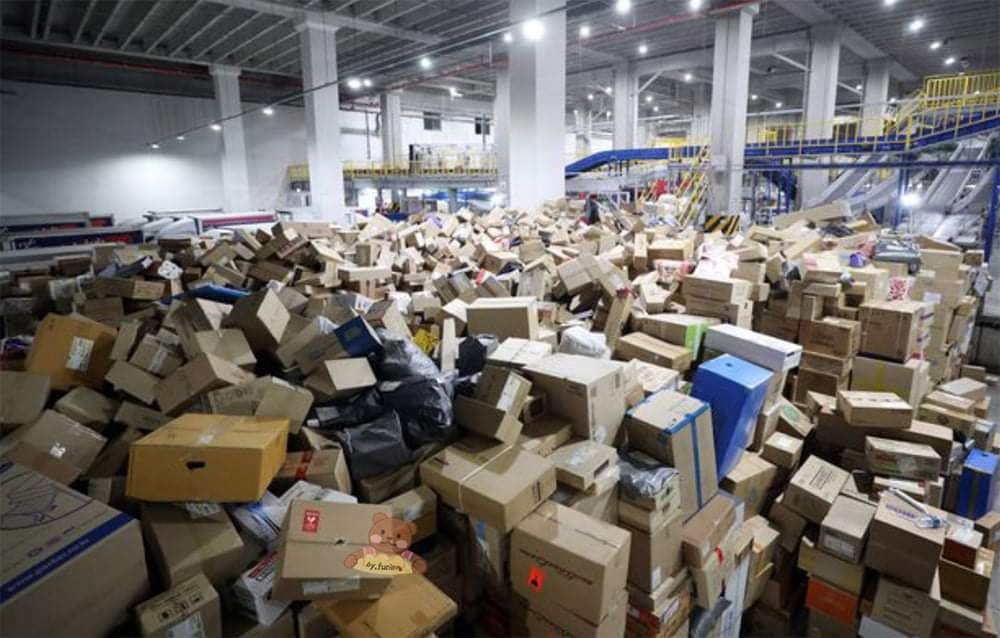Last Wednesday, June 9th, about 2,200 out of the 6,500 members of the Korea Federation of Delivery Workers stopped working to join the strike. The union confirmed that besides those directly going to the protest, the remaining shippers would simultaneously delay the start time of work each day by 2 hours. That makes serious congestion in many warehouses in Seoul.

In January, an agreement was reached after delivery workers also went on strike to demand better rights and protections after recording 16 deaths from overwork last year. The first companies including CJ Logistics, Lotte Global Logistics, and Hanjin Transportation have commit to take improvement measures to eliminate shipper burnout. However, it all comes down to commitments and has not yet been implemented.
Officials from the Korea Federation of Delivery Workers say that companies have reaped huge profits in recent times while delivery workers have to sort goods for hours “for free” because most of the delivery people do. The work is contract-based and pays by the number of packages delivered rather than by the number of hours worked. On Sunday, the union said it will continue to strike in Seoul this week, increasing to 6,500 members and using participating facilities for several days.
Meanwhile, e-commerce giant Coupang – seen as “Korea Amazon” is suffering pressures from the public to treat delivery workers better after a their shipper became the 17th person died this year.

In the last year, due to the impact of the pandemic many people have turned to online shopping, which has resulted in a 21% increase in the number of packages delivered compared to the previous year, corresponding to 3.37 billion parcels delivered on land. this country.
Currently, Korea has about 40000 people working in delivery jobs. They have been complaining about overwork for a long time and the situation became more seriously last year after the demand for delivery services increased sharply. Currently, the average delivery person in Korea has to work 12-14 hours a day and can deliver 600 orders per day. Of the 16 deaths last year, some died of a heart attack while others suffered a brain hemorrhage.
Phan Quyen













